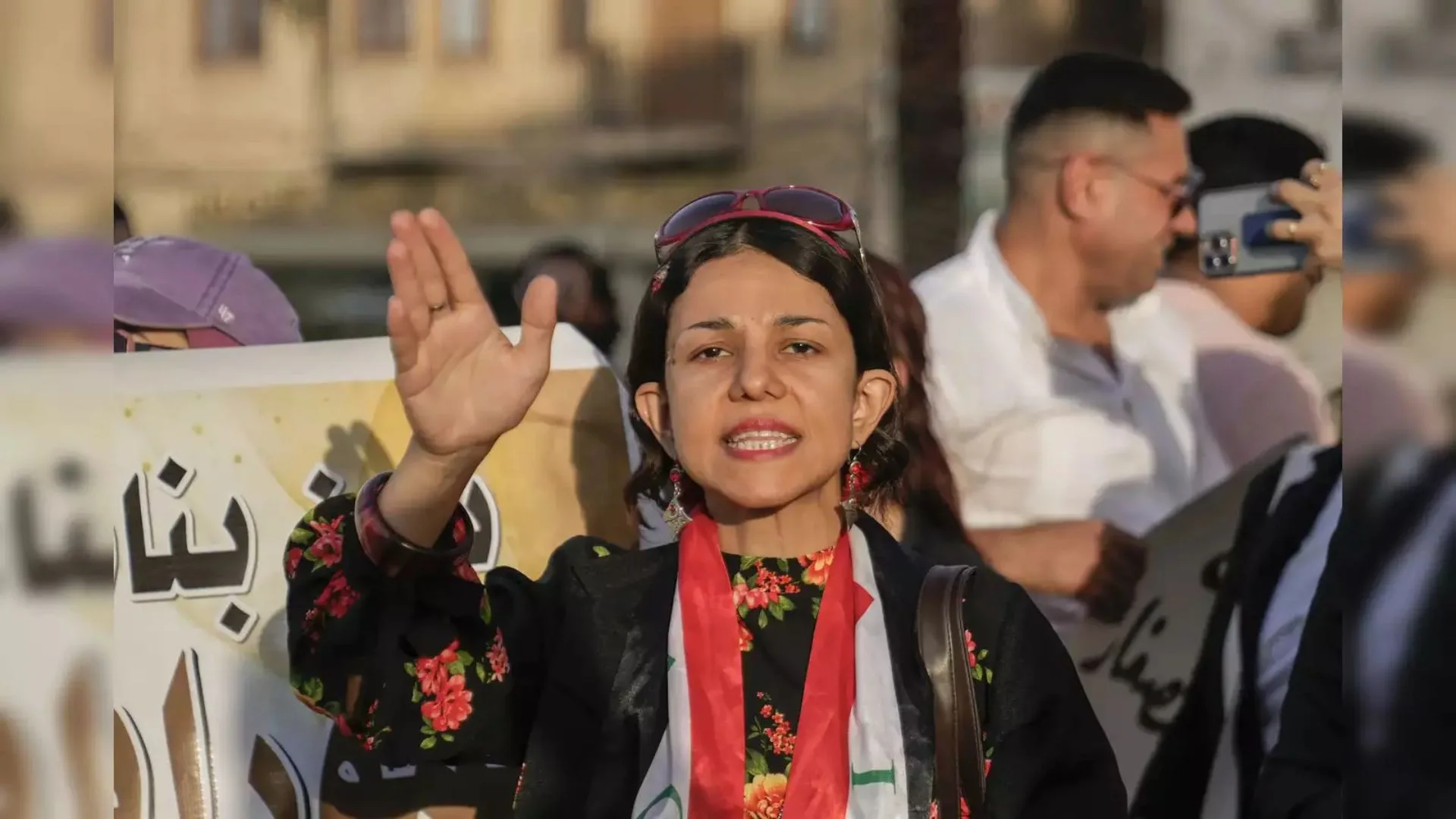Iraq is moving forward with controversial amendments to its marriage law, which would allow girls as young as nine to marry and deprive women of key rights, including divorce, child custody, and inheritance. The amendments have sparked alarm from human rights groups, activists, and women’s organizations, fearing a rollback of women’s freedoms and an erosion of gender equality in the country.
The proposed changes to Iraq’s family law, which aims to align with a strict interpretation of Islamic Sharia law, are backed by the government coalition of Shia parties. These amendments would also allow citizens to choose either religious authorities or civil courts to handle family matters.
The original family law, known as “Law 188,” was hailed as one of the most progressive in the region when introduced in 1959, offering a secular framework for managing family affairs. However, the new proposals are seen as a move to tighten religious control over personal matters, a shift that is particularly alarming for women’s rights advocates.
Human rights groups are especially concerned that the amendments will exacerbate Iraq’s already high rates of child marriage. According to UNICEF, approximately 28% of Iraqi girls are married before the age of 18, and the new legal changes are expected to worsen these statistics. The law would also give religious leaders more influence over family matters, including the controversial practice of officiating child marriages, which is currently allowed under certain conditions.
Dr. Renad Mansour, a senior research fellow at Chatham House, explained that the move is part of an effort by certain Shia Islamist factions to consolidate power and gain legitimacy amid waning political support. Mansour noted that the push for stricter religious laws is a tactic to reinforce ideological control, particularly among groups seeking to restore influence after years of political decline.
The proposed amendments have faced stiff opposition from Iraqi women’s groups, who fear that the changes will further diminish women’s rights and lead to an erosion of legal protections for young girls. Activists have warned that the new law could pave the way for legalized child marriages and increase the risks of sexual and physical violence against young girls, denying them access to education and employment.
As the bill moves through parliament, it is expected to pass despite widespread protests, signaling a potential shift towards greater religious authority in Iraq’s legal system.







